Our Member Spotlights feature our incredible members across the world, rehabilitating baby penguins in South Africa, sea turtles in Cyprus, bats in the United States, brown bears in Kosovo, and beyond. We invite you to visit our map to meet more members and click here if you are an IWRC member who would like to be featured.
Name: Michelle Watson
Organization: I’m between posts at the moment but run my own “Wildlife Rescue Johannesburg” Facebook page.
Location: Johannesburg, South Africa
IWRC: Hi Michelle! So, tell us a little bit about yourself…
Michelle: I’ve doing rehab since 2007, have worked for all the local rehab centers at some point, now permitted to do rehab at home. I am one of only four IWRC CWR rehabilitators in South Africa but dream of opening my own center. We have a huge diversity of species in South Africa so networking with specialists is imperative. I am passionate about what I do and strive to improve the level of rehab here.
IWRC: What brought you into wildlife rehabilitation work?
Michelle: I first became interest in wildlife rehabilitation in 2002 while working as deck crew on private yachts. In the middle of the Indian Ocean an exhausted marine bird landed on the yacht during a severe storm. After tending to it and hand feeding it for 2 weeks, it flew off the deck near the Maldives.
When I returned to South Africa in 2007, I worked at the Free Me Wildlife rehabilitation centre where I dealt with around 300 different species. The huge diversity of urban wildlife in Johannesburg means that an average day could include anything from handling venomous snakes to dealing with roaming brown hyena. I am especially partial to genets which I have raised from new-born to release back into our leafy suburbs. But the highlight of my career was having the opportunity to work with pangolins at the Johannesburg Wildlife Vet Hospital. This elusive, charismatic and highly threatened species has a special place in my heart.
IWRC: What wildlife species do you rehabilitate?
Michelle: I have dealt with over 300 different species in my time as a rehabber. South Africa has a huge diversity so in one day I could deal with anything from a venomous snake to a baby genet, to raptors and larger animals. Currently I am limited with space but hope to open my own center soon.
IWRC: What challenges have you faced in your wildlife rehabilitation work?
Michelle: Currently I face issues with space and finance of course, but generally speaking we face the bigger problem of country-wide poverty and lack of wildlife education. Our urban wildlife is persecuted as bush meat and traditional Muti [medicine].
IWRC: Has the IWRC aided you in your journey as a wildlife rehabilitator? If so, can you explain how or give an example?
Michelle: YES, greatly! Having the certificate has given me some standing as a certified rehabber, and the information available sets the ground work for the standards I would like to see as the norm here one day. The IWRC courses and online support has been instrumental in helping my career along. Since passing the Certified Wildlife Certification (CWR) last year I have had the opportunity to network and assist various centres in and around Johannesburg and am currently permitted by the South African Wildlife Rehabilitation Centre.
IWRC: What common misconception about wildlife rehabilitation would you like to dispel?
Michelle: That you get to cuddle cute and fluffy animals! Haha, but seriously, the misconception that you can actually make a living from it in South Africa!
IWRC: How has your wildlife rehabilitation work been impacted by COVID-19?
Michelle: South Africa has some of the strictest lockdown rules. Movement has been seriously restricted. I cannot go out without a dozen valid permits and, even then, the cops stop you demanding bribes! It’s a nightmare.
IWRC: What local, national, or international policy would you like to see that would support wildlife rehabilitation?
Michelle: Locally I would like to see our own department of environmental affairs implement some sort of minimal standards for rehab centers! Of course policies need to change internationally to curb wildlife trade and prohibit hunting as a “sport”!
IWRC: What do you hope for the future of wildlife rehabilitation?
Michelle: In South Africa we desperately need a rehabilitation center that meets international standards. I hope that I can be the person to do that.
Rampant loss of habitat and persecution through hunting, superstition and fear has put a lot of our urban wildlife in peril. My dream as a rehabber is to use my skills to help “flatten the curve” for threatened wildlife species in South Africa.”
IWRC: What message would you like to share with other IWRC members and wildlife rehabilitators across the world?
Michelle: Supporting each other gives us strength and hope.
IWRC: Where can people learn more and follow your work?
IWRC: Thank you so much for everything you do and sharing your story with us, Michelle!
We want to hear from you! If you an IWRC member and would like to share your wildlife rehabilitator story with us, please click here.

Leave a Reply
You must be logged in to post a comment.